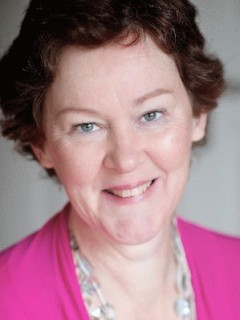Taleb, who now enjoys the splendid title of Professor in the Sciences of Uncertainty at the University of Massachusetts, has sub-headings which are irresistible: How to learn from the Turkey, Remembrance of Things not Quite Past, Being Wrong with Infinite Precision, Beware the Brain.
What does it have to teach us researchers? Well, aside from being an intelligent and often very funny read, Taleb talks about how we are now living in Extremistan, a world dominated by extreme winner-take-all inequality, randomness and where the future is hard to predict from past information.
He claims that while our world is now dominated by the extreme, the unknown and the very improbable — his Black Swans — we spend our time in small talk, focusing on the known and the repeated. What can we do about it? Focus more on antiknowledge, he says, and what we do not know. Discoverers and entrepreneurs should rely less on top-down planning and focus on maximum tinkering and recognising opportunities when they present themselves.
While part of his book is devoted to shoring up his own credentials and debunking the bell curve and the ‘self-deceiving statistician’, these are the two technical chapters which he thoughtfully advises you skip over. Where it gets interesting is when he sets out to critique the drive inherent in all human beings to focus on what makes sense to us. His ‘narrative fallacy’ refers to our limited ability to look at sequences of facts without weaving an explanation into them.
The same condition that makes us simplify pushes us to think that the world is less random than it actually is. So we tend not to anticipate the unexpected Black Swans, 9/11, the 2004 tsumani — events of low unpredictability and large impact.
Should you buy this book? If you liked Freakeconomics, you’ll enjoy this. Gift it to those hard to buy for males in your life. Skim-read it first.


